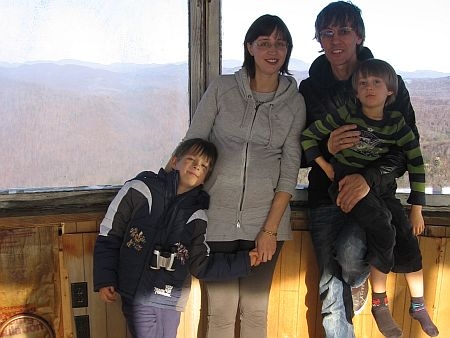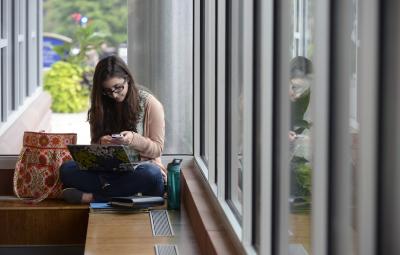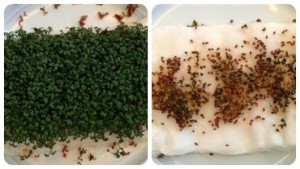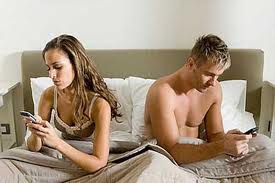 On Thursday January 9th, 2014 at 7pm- Thomas Wheeler, the head of the Federal Communications Commission (FCC) will be waiting to hear from you in Oakland, CA.
On Thursday January 9th, 2014 at 7pm- Thomas Wheeler, the head of the Federal Communications Commission (FCC) will be waiting to hear from you in Oakland, CA.
According to the event hosts, Voices for Internet Freedom, Wheeler “needs to hear how policies on media ownership, the Internet and journalism affect our nation’s most vulnerable communities. This is our chance to tell him face to face about the kind of media system that best meets our needs — and to advocate for the health and well-being of our families and our communities.”
The FCC sets the safety guidelines for electromagnetic radiation which is emitted by a myriad of products, from cell phones, towers, wi-fi, smart meters and baby monitors. The US government has partnered with industry to bring us all these products under the disguise of safety- where truly the safety does not exist.
Wheeler has serious conflicts of interest:
- Wheeler chaired the CTIA, the Wireless Association, which includes Verizon, AT&T, Sprint, and T-Mobile;
- Wheeler chaired the National Cable Television Association, which includes Comcast, Time Warner, and others;
- Wheeler was the director of Core Capital Partners LP, a venture capital firm that manages $350 million in the high-growth technology sector- they rely on friendly regulation at the FCC;
- Wheeler is listed on Fierce Wireless’ top ten list of people who helped shape the wireless industry.
This event will feature a panel discussion, commentary from community members, and remarks from FCC Chairman Tom Wheeler, California Public Utilities Commissioner Sandoval, and other guests.
Read more from Stop Smart Meters.





